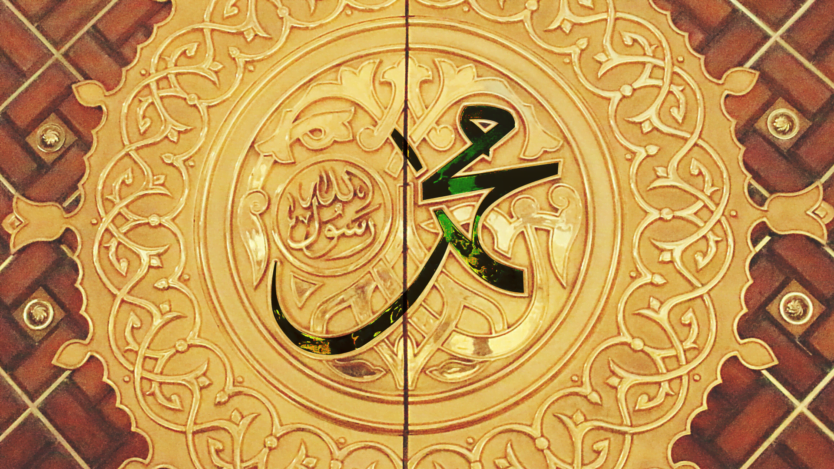
The Prophet, As If You Had Never Known Him Before
A brief study of the Prophet, his life, and evidence of his Prophethood.
Read More
The Prophet, As If You Had Never Known Him Before
This series gives a glimpse of the reasons as to why we believe Prophet Muhammad (peace be upon him and his family) to be a messenger of God. Learn of The Prophet’s real biography showing his immaculate and unmatched character. Learn of the Prophet’s greatest miracle, the Holy Qur’an

The Tune Of The Imams
How can one identify if it is indeed the Imam stating something in a narration?
Read More
The Tune Of The Imams
One way one could get acquainted with identifying false narrations from authentic ones is to differentiate solely based on the Matan (written context of the narration) before even looking at the chain to verify its authenticity. Some of our scholars have reached such a high level that even the likes of Al-Sayed Al-Burujardi after hearing a narration he could name the Imam that it had been narrated merely through the language structure of the narration. A clear example of this is the Prophet (peace be upon him) being known for saying ‘’Whichever person’’ in his speech.

War Stories
A series presented during the month of Ramadan regarding the wars the Prophet faced.
Read More
War Stories
Sheikh al-Habib expands on the Prophet’s ethics during wartime and the issues on war booty and its distribution. The series also explains the different Jihad types that Islam commands, other than the commonly known physical Jihad.
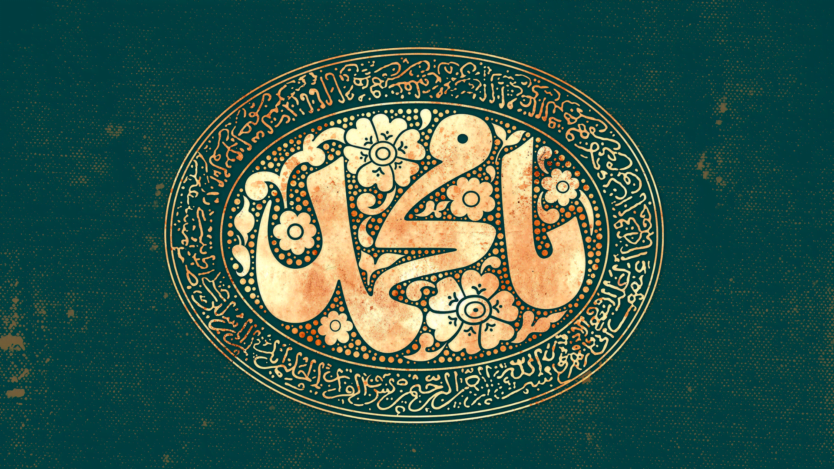
Understanding Personality Of The Prophet
The Nights Of Muhammadiya – 1432 AH: Come closer to understanding the personality of the Holy Prophet (peace be upon him and his family)
Read More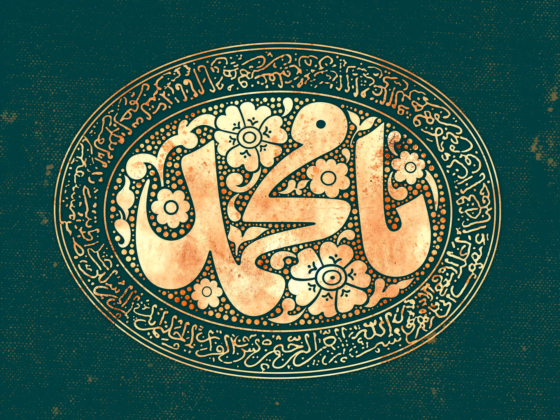
Understanding Personality Of The Prophet
Sheikh al-Habib assesses different parts of the Prophet’s life and grants you a greater understanding of his biography.

Understanding Virtues Of The Prophet
The Nights Of Muhammadiya – 1435 AH: Understand the virtues of The Holy Prophet (peace be upon him and his family)
Read More
Understanding Virtues Of The Prophet
The Prophet was a man who was continually facing hardship in his life. Despite this, he always minimised the possibility of anyone realising this; instead, he would always focus on making things easier for others who were troubled despite him suffering the most. This is a glimpse of His Eminence Sheikh al-Habib’s discussion in this series on the Prophet’s biography.

Anxiousness In Intellectualism
Do you have questions roaming in your head about the unseen? Then this series is for you.
Read More
Anxiousness In Intellectualism
In this series made in the form of interviews, the TV host and interviewer, Faez al-Jaboury, invites His Eminence Sheikh al-Habib to a dialogue in which they discuss sensitive and contemporary topics on God, the creation, science and religion. Join the two to understand their views on controversial doctrinal and theological questions relevant to our age.

The Second Age Of Ignorance
The Nights Of Ramadan – 1436 AH: The second age of ignorance. How did we get here, how do we get out?
Read More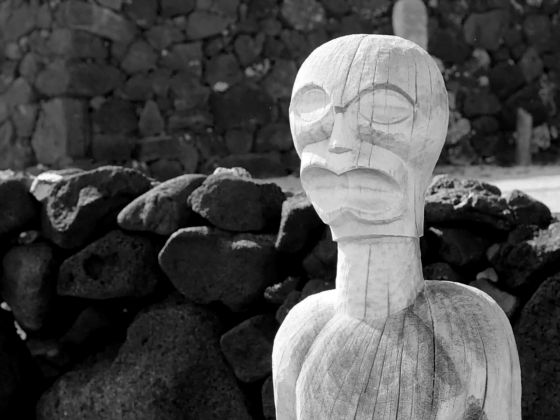
The Second Age Of Ignorance
A comparative analysis of the similarities between the first age of ignorance before the Holy Prophet’s birth (peace be upon him and his family) and the second age of ignorance started after his martyrdom. The series also presents cases whereby specific individuals are idolised above the Prophet (peace be upon him and his family), leading to their words being taken over the Prophet’s words (peace be upon him and his family).

Summarised Jurisprudence: Ablution And Prayer
Essential jurisprudential matters regarding prayer and ablution.
Read More
Summarised Jurisprudence: Ablution And Prayer
Learn about Ahl-ul-Bayt’s rulings regarding the different components of the most important act a Muslim carries out: prayer. Learn about what invalidates the prayer and the ablution. Learn about the different categories of ablution and when each type should be used depending on the circumstance.

The Science Of Kalam
Learn about Islams prized science, a science that bases argumentation through intellect and rationale.
Read More
The Science Of Kalam
Sheikh al-Habib discusses the science of kalam. The lessons include an introduction to the definition of this science, and why it has been given this title. The lessons also include discussions regarding the boundaries and limitations of the science of kalam and its intellectual toolset. Finally, the Sheikh applies the science of kalam by proving the existence of The Creator.

Principles Of Islamic Jurisprudence
Learn about The Holy Qur’an, The Noble Sunnah, The Intellect and Consensus
Read More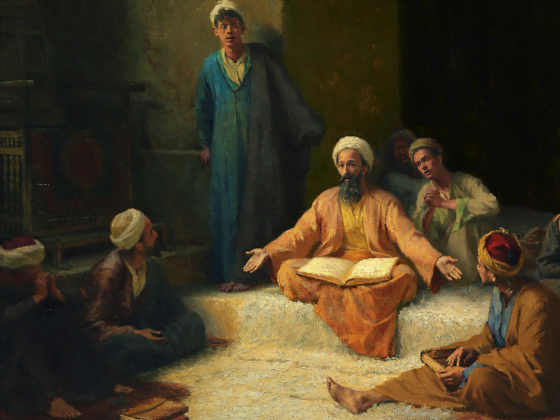
Principles Of Islamic Jurisprudence
The Imams (peace be upon him) had a fundamental role in the emergence of the knowledge of Islamic Jurisprudence, especially in the time of Imam al-Baqir and Imam al-Sadiq (peace be upon them both). They taught their companions the methods of deduction from the Qur’an and Sunnah, and how to refer the Usul (roots) and Fur’oo (branches) of the religion. They used two methods:
The first: Explaining to their companions, the general rules of deduction, which they wrote done. The four hundred Usool (roots) are the outcome of these written records and represent the raw sources of the four books of Usool (origin) of the Shi’a, and, were the hopes of the Imams, peace be upon them.
The second: Teaching their companions the correct methods of elicitation through practice and practical application. On the authority of Imam Al-Sadiq (peace be upon him) who said: “We present you with the Usool (roots), and you establish the Fur’oo (branches).”
Some of the Imams’ companions (peace be upon them) wrote letters on fundamental issues. One example is Hisham ibn al-Hakam, one of Imam al-Sadiq’s companions (peace be upon him) who composed “The book of meanings”. Another is Yunus ibn Abdul Rahman, the student of Imam al-Kadhim (peace be upon him), who compiled the book “The differences of Hadith and their Issues”. A study that teaches the reader about opposing evidence and how to prioritise one evidence above another in matters of religion.

The Permissible Uprising
The Nights Of Hussainiya – 1436 AH: Learn about the role and permissibility of revolting against a corrupt leader.
Read More
The Permissible Uprising
We hear from our opponents that refer to themselves as ‘’Ahlul-Sunnah’’ that it is impermissible to revolt against a leader if the leader dominates and controls a region. Find out why they have such opinions, how the ruling class established them for their benefit, and how such ideas were derived due to the large mass of people betraying Imam Hussain (peace be upon him).

The Letter From God
The Nights Of Muhammadiya – 1436 AH: What did God say about the martyrdom of The Prophet (peace be upon him and his family)
Read More
The Letter From God
Learn about the letter that was read aloud to the Prophet’s Household (peace be upon them) sent from God. This letter that is not often spoken about or commonly known contains many secrets regarding the status of The Messenger of God (peace be upon him and his family). Sheikh al-Habib also mentions the narrations that show the Prophet’s extremely ethical characteristics, such as when he saved the life of a person who attempted to kill him.
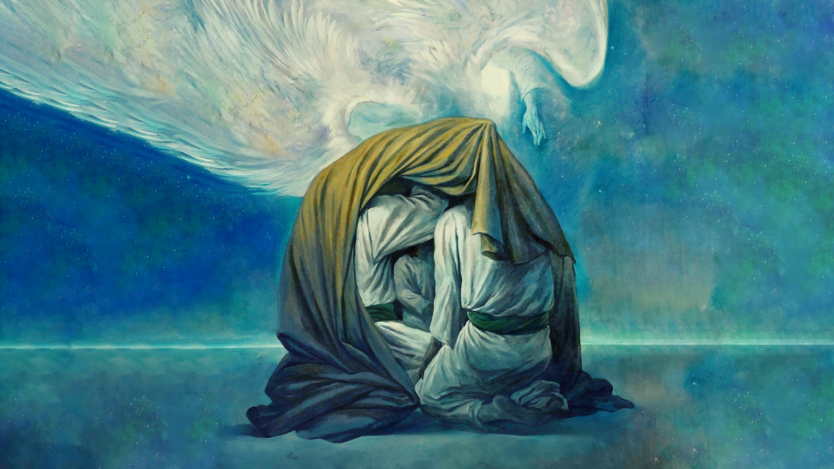
How Many Daughters Did The Prophet Really Have?
Was Fatima (peace be upon her) the Prophet’s only daughter?
Read More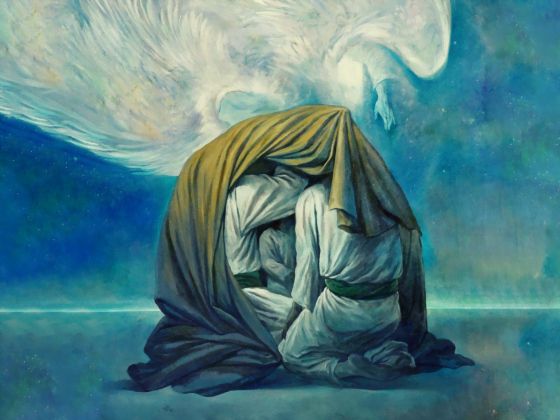
How Many Daughters Did The Prophet Really Have?
Many Shi’a individuals have claimed that Our Lady Fatima (peace be upon her) was the only daughter of The Holy Messenger of God (peace be upon him and his family). This claim will be discussed and refuted. The Sheikh presents how this view is based on the statements of individual questionable historical personalities, in contrast to what our Imams have said about this.

Proving The Belief In The Infallibility of the 12 Imams
The Nights Of Ramadan – 1437 AH: Learn about the sources that directly prove the divine leadership of the 12 imams!
Read More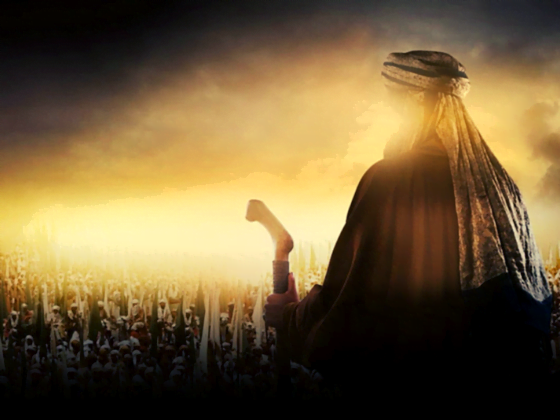
Proving The Belief In The Infallibility of the 12 Imams
Many claim that the Shi’a belief regarding the infallibility of the 12 imams is something that the Shi’a have fabricated and that there is no such proof in the Holy Prophet’s traditions. This series shows that the belief in 12 Imams can be found in the most authentic of narrations and that indeed the final Imam is the twelfth, Imam Muhammad ibn Al-Hassan (peace be upon him). This is proven through authentic narrations as well as confessions by scholars from the opposing sect.

The Stance Of the IMams Towards Public Dissociation
The Nights Of Hussainiya – 1437 AH: Another year and another opportunity to learn from Imam Hussain’s martyrdom (peace be upon him).
Read More
The Stance Of the IMams Towards Public Dissociation
The Sheikh talks about various historical topics relevant to the discussion of Imam Hussain’s martyrdom (peace be upon him). Among those topics are the stories of heroes that died due to publically standing up for their beliefs. Men who are our predecessors and lived during the times of our Imams. What did the Imams say regarding their loud and clear dissociation of the enemies of the Ahl-ul-Bayt (peace be upon them)? Did they praise them for such actions, did they have a neutral position, or did they rebuke them?

The People Of Sunnah Or The People Of Deception?
One must come to realise that those who follow the Sunnah (the Prophet’s traditions) are not those who are publicly known as “Ahlul-Sunnah”.
Read More
The People Of Sunnah Or The People Of Deception?
An essential series indeed – through it, you will discover the numerous examples of how known scholars of the sect that refers to itself as ‘’Ahlul-Sunnah’’, for their prideful desires, go directly against the Prophet’s traditions whilst acknowledging their authenticity.

Morbidity In Innovated Sects
Sheikh al-Habib presents lectures based on the changes our opponents have attempted to make in the religion of Islam to support their innovated sect. Following desires instead of one’s intellect is a negative trait. Watch this series to identify the ones who have committed this crime in the context of innovated religious beliefs.

Uthman Ibn A'ffan, The Carrier Of Sin
A series based on revealing the real historical character of Uthman ibn A’ffan.
Read More
Uthman Ibn A’ffan, The Carrier Of Sin
Uthman ibn A’ffan, a notable character in Islamic history, is regarded highly by the ‘Sunni’ sect. Unaware of his real nature, he is highly regarded by the ‘Sunni’ sect. This series sheds light on the atrocities carried out by Uthman, such as the irreligious stoning of an innocent woman!
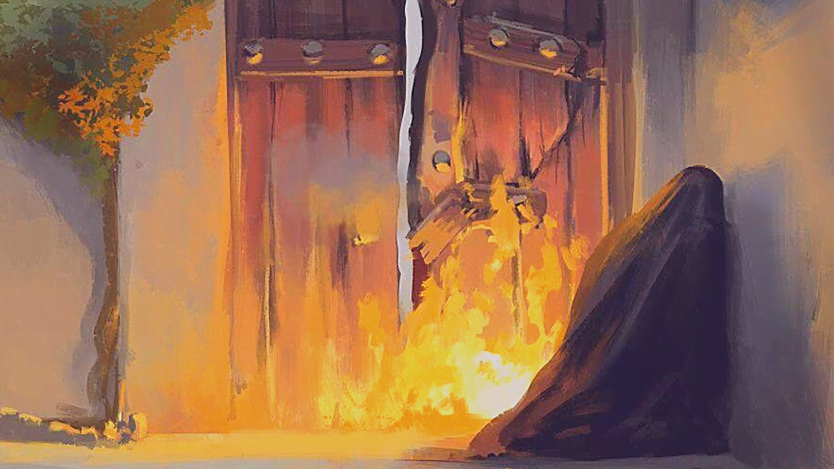
The Ansari Betrayal To Lady Fatima
The Nights Of Fatimiya – 1436 AH: Sheikh al-Habib highlights the treachery regarding the events surrounding Lady Fatima’s killing (peace be upon her).
Read More
The Ansari Betrayal To Lady Fatima
The Ansar (the people of Medina who supported the Prophet) promised to support Our Lady Fatima (peace be upon her). Though they did not stay true to their word and in the end, betrayed her. The Sheikh presents three lectures to highlight this reality and poses a question to the listener about what path they wish to take, the path of someone like al-Miqdad or the path of those who did not stand by the Lady?

The Historical Struggle Of Religious Distortion
The Nights Of Ramadan – 1438 AH: The Shi’a in the face of distortions in the Islamic religion – A historical struggle
Read More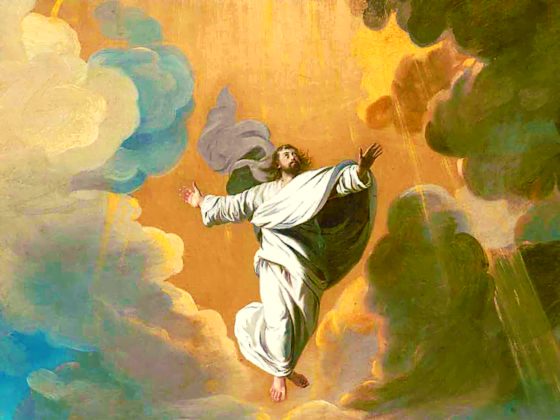
The Historical Struggle Of Religious Distortion
Anthropomorphism, attributing sins to prophets of God and altering the religion of God. These are things that the ‘Sunni’, Christian, and Jewish faiths have carried out, and their scripture testifies to this. Sheikh al-Habib presents these struggles that the Shi’a have endured from our predecessors’ time till this day!

The Light Of Prophet Muhammad
The Nights Of Muhammadi – 1438 AH: Two sermons showing a glimpse of the light of Prophet Muhammad.
Read More
The Light Of Prophet Muhammad
The first sermon explains our Prophet’s extraordinary character and includes testimonies from various individuals such as Voltaire. The second sermon highlights The Holy Prophet’s persistence in delivering his message to humanity despite his persecution.
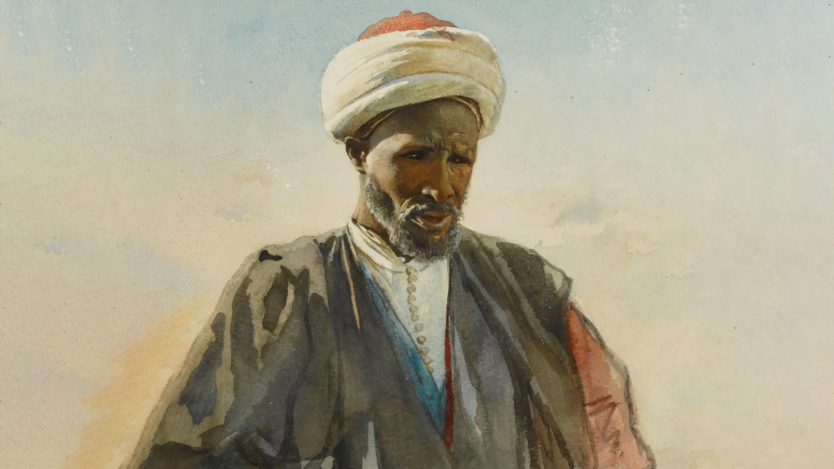
Abu Bakr’s Hatred Toward The Ahl-ul-Bayt
The Nights Of Muhassani Nights – 1439 AH: Lectures on the enemy of Ahl-ul-Bayt, Abu Bakr, and a recitation of the martyrdom of Muhassin (peace be upon him)
Read More
Abu Bakr’s Hatred Toward The Ahl-ul-Bayt
- Night 1: The reason as to why Abu Bakr hates The Ahl-ul-Bayt (peace be upon them)
- Night 2: Abu Bakr curses himself
- Night 3: Recitation of the martyrdom of Muhassin (peace be upon him)

A Nation That Supports Abu Bakr And Oppresses Lady Fatima
The Nights Of Fatimiya – 1439 AH: Lectures on the oppression of our Lady Fatima (peace be upon her).
Read More
A Nation That Supports Abu Bakr And Oppresses Lady Fatima
- Night 1: Lady Fatima (peace be upon her) faces The Great Deceiver, Abu Bakr.
- Night 2: A nation that supports Abu Bakr and his daughter A’isha, and oppresses their Prophet and his daughter, Fatima (peace be upon them and their family)
- Night 3: Islam gives Abu Bakr capital punishment.

Research In The Night Of Ramadan
The Nights Of Ramadan – 1439 AH: Speeches presented by Sheikh al-Habib in the nights of Ramadan on various topics.
Read More
Research In The Night Of Ramadan
This series relates to various topics referring to Islamic ethics, the necessity of fasting and others refer to historical incidents and theological disputes.

The Matters Surrounding The Killing Of Imam Hussain
The Nights Of Hussainiya – 1438 AH: Various research topics regarding Imam Hussain (peace be upon him) and the battle of Karbala
Read More
The Matters Surrounding The Killing Of Imam Hussain
- Night 1: Was the Imam killed in the best of centuries?
- Night 2: The manifestation of confrontation.
- Night 3: The master of ordering the good and prohibiting the evil.
- Night 4: Marital life in accordance to the Hussaini view.
- Night 5: Muslim ibn Aqeel, correct in speech and action.
- Night 6: Al-Khamis force that assisted and supported the Imam.
- Night 7: The Imam between two brothers. One righteous and one unrighteous.
- Night 8: Be a truthful young one with a Qassimi spirit
- Night 9: The Hussaini uprising on the political employment of religion.
- Night 10: Why did they kill the Imam?
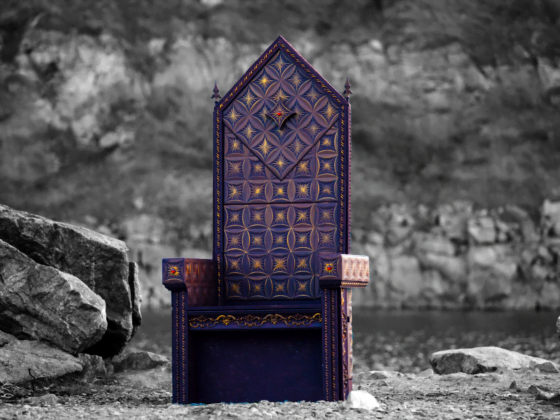
Umar’s Justice Under Scrutiny
This research session presents Umar ibn al-Khattab’s real historical nature, whereby the reality is uncovered from behind the endless propaganda. Our opposers always refer to how just Umar ibn al-Khattab supposedly was. The most known report is the report from Al-Hurmuzan where he reportedly sees Umar sleeping under a tree and then proceeds to say ‘’You ruled, then you judged with justice, then you were safe (from the punishment of God) and then you slept’’. Many such narrations that fabricate the lie of the character of Umar in the books of the opponents. This series clears up this confusion.

The Divine Trial Of Divine Leadership
The Nights Of Hussainiya – 1434 AH: This series speaks of how the Muslim nation was testing through divine leadership.
Read More
The Divine Trial Of Divine Leadership
During this Muharram program, Sheikh al-Habib presents examples of how the nation was tested on the principle of divine leadership and how that can lead to guidance or misguidance depending on the nation’s choices. The Sheikh refers to different examples where the nation has indeed fallen into traps. Amongst such examples are of individuals wishing to support corruption by falsely labelling fallible individuals as infallible.






